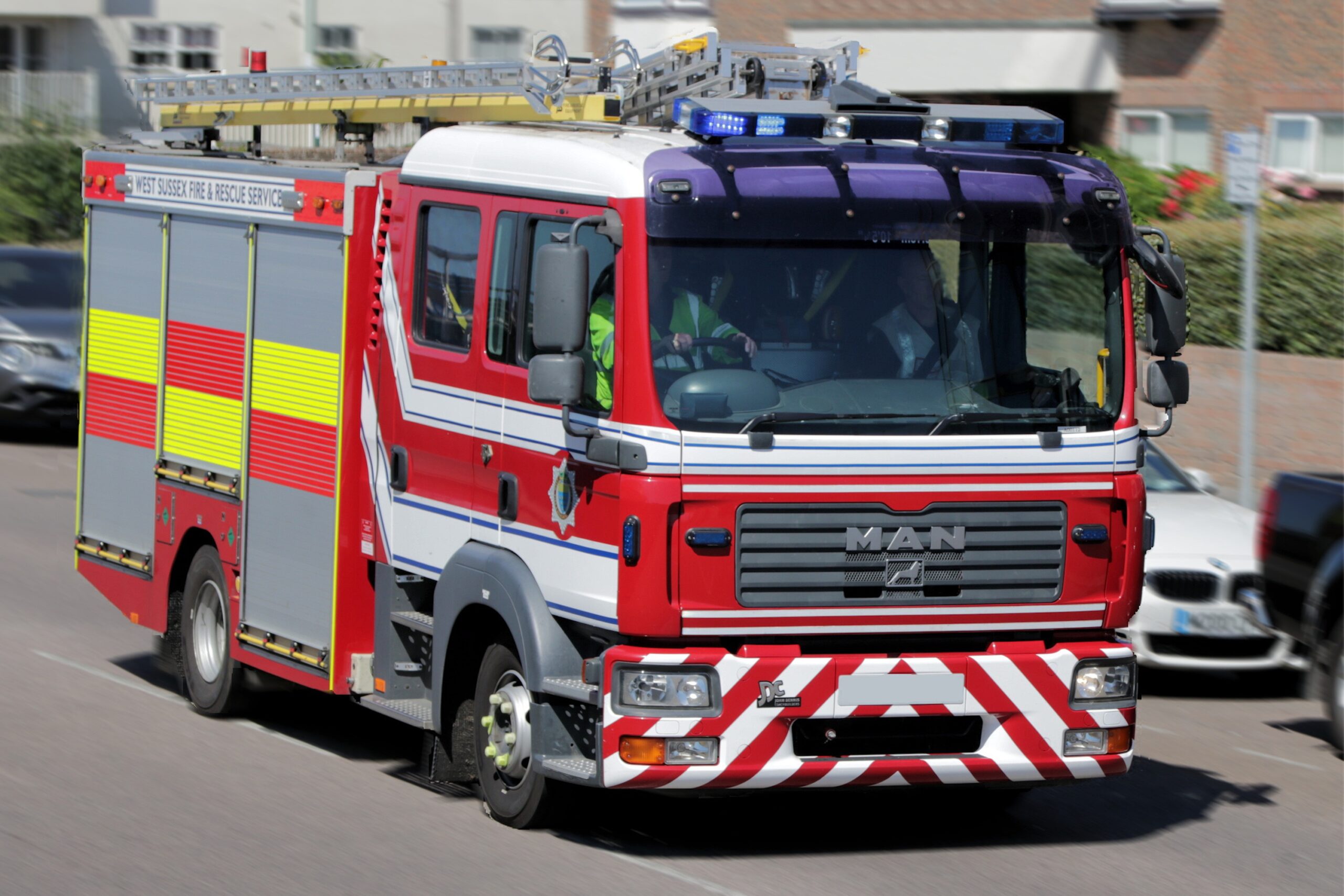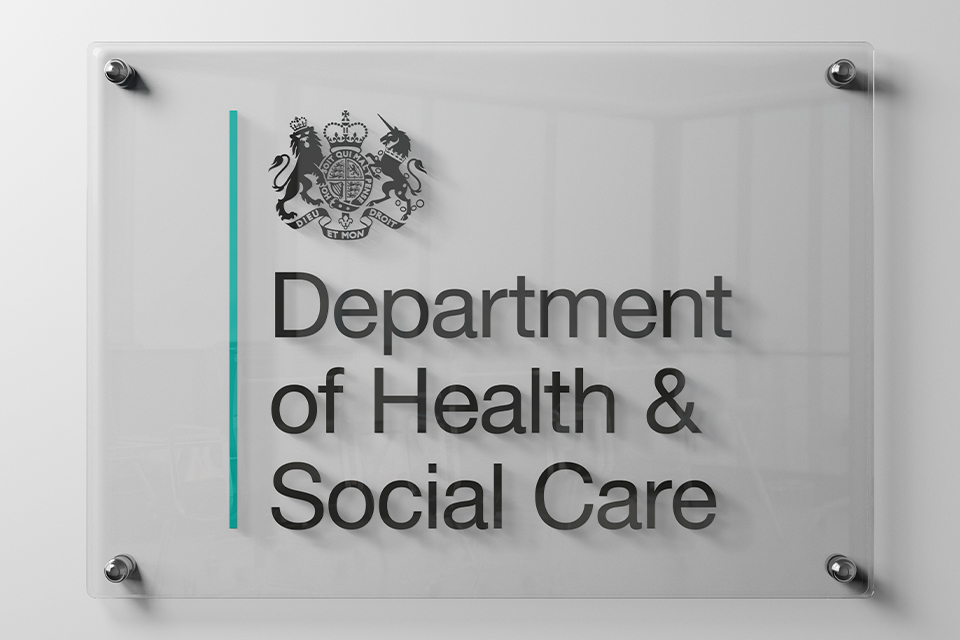Public Accounts Committee releases damning verdict on troubled scheme, which government concedes is ‘not without its challenges’
Credit: PA
Despite extending its deadline by up to five years and its budget by more than £3bn, the Home Office “has still not got a grip on whether it can deliver” the Emergency Services Network, the Public Accounts Committee has concluded.
A damning report from parliament’s spending watchdog finds ongoing uncertainty over the timelines and value for money of ESN – despite the Home Office announcing last year that it was to “reset” the troubled project.
MPs also expressed strong concerns about government’s management of the scheme and whether it will, ultimately, provide any benefits to the users of the network.
The report reaches six core conclusions, each of which comes with a remedial recommendation.
The first conclusion is that the Home Office still lacks a clear and viable plan for delivering the network – despite increasing the programme’s budget by £3.1bn, and pushing the completion deadline back by up to five years to December 2024.
The committee has recommended that, by October, the department should deliver “a detailed, achievable, integrated programme plan” for the coming years. This should include a “realistic date” for shutting off the existing Airwave network, and an update on projected costs.
Related content
- Home Office needs ‘plan B’ for Emergency Services Network, NAO finds
- ‘I don’t accept that ESN failed’ – civil service head
- Officials admit ESN rollout could see further delays and cost rises
The second finding is that the programme’s manifold problems were ignored as a result of “an unhealthy ‘good news’ culture” in the Home Office.
To remedy this, officials are asked to write to MPs in the next three months “setting out the steps that it has taken to: improve senior oversight of the programme; ensure assumptions are subject to appropriate challenge; and to make sure the findings of independent assurance reviews are widely shared and taken seriously”.
The third and fourth of the committee’s conclusions are perhaps the most serious and damning.
Firstly, they concluded “that the department’s mismanagement of the programme means the emergency services do not yet have confidence that ESN will provide a service that will meet their needs”.
Secondly, MPs said that they “are are not convinced that the department has the plans or the skills needed to integrate the different elements of ESN into a coherent service”.
As a matter of urgency, the committee has recommended that the Home Office must work with users to decide upon “a set of specific and detailed criteria” that can be used to define ESN’s readiness to be put into operation.
The department should also, before signing a new contract with an external delivery provider, assess what skills are needed to deliver the project and whether or not they are currently available. Government should also try to “learn lessons” from the failure of a previous delivery contract with engineering firm KBR, according to the committee.
Commercial risks
The penultimate conclusion of the report is that “based on past failures to manage its contractors, we are concerned about the department’s ability to manage the significant commercial risks facing the programme”.
These risks, according to MPs, include Motorola’s role as both the owner of the outgoing Airwave network and a supplier for the new platform. The committee requests that the officials provide details of how it intends to manage such risks by October 2019.
“Neither the emergency services, nor the PAC, are convinced that the Home office has a credible plan to deliver a reliable and effective service anytime soon.”
Meg Hillier, committee chair
PAC’s final finding is that there are continued doubts over whether ESN will represent value for money.
“Although the forecast cost of ESN has increased by £3.1bn, the department still asserts that ESN will eventually be cheaper than Airwave,” MPs said. “But it no longer expects this to happen until 2029, a delay of seven years compared to the 2015 business case. Delivering ESN later than planned is also likely to create cost pressures for emergency services who may need to buy new Airwave devices while they wait for ESN to be ready.”
By the end of this year, the Home Office is asked to deliver a “revised and approved business case” for ESN. This must include a “plan B” for what it will do if it ever becomes apparent that spending on the network has definitively ceased to provide value for money.
Committee chair Meg Hillier said: “The endless delay in delivering a new system for our emergency services to communicate and share data is creating a crisis of confidence as police, fire and ambulance on longer have trust in the new system being delivered. Neither the emergency services, nor the PAC, are convinced that the Home office has a credible plan to deliver a reliable and effective service anytime soon. In the meantime, services are having to find work arounds and buy new equipment to prop up the old Airwave system.”
Responding to the report, a Home Office spokesperson said: “The Emergency Services Network will provide police, fire services and ambulance crews with an innovative mobile-based communications system that can transform their emergency response and result in savings of £200m a year. This ambitious project has not been without its challenges, but following our thorough review and decision to roll ESN out in stages, our approach has gone to plan, with the network already live and devices and software being tested. We will continue to monitor progress to ensure the successful delivery of this programme.”



